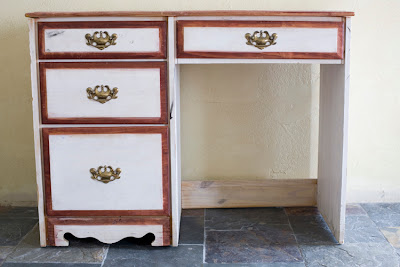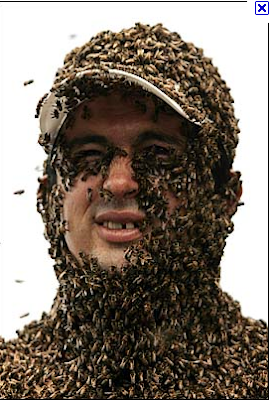If you have read our blog for a while, you know that we are big fans of
composting as it reduces waste, and gives added benefits to our gardens. The Mother Nature Network has an article that talks about the things you should never compost. Check out the
article. I don't know that I agree with everything on the list but it's good to get someone else's view on what we shouldn't compost. Here is their list.
 NEVER COMPOST:
NEVER COMPOST:
Bread products: This includes cakes, pasta and most baked goods. Put any of these items in your compost pile, and you've rolled out the welcome mat for unwanted pests.
Cooking oil: Smells like food to animal and insect visitors. It can also upset the compost's moisture balance.
Diseased plants: Trash them, instead. You don't want to transfer fungal or bacterial problems to whatever ends up growing in your finished compost.
Heavily coated or printed paper: This is a long list, including magazines, catalogs, printed cards and most printed or metallic wrapping paper. Foils don't break down, and you

don't need a bunch of exotic printing chemicals in your compost.
Human or animal feces: Too much of a health risk. This includes kitty litter. Waste and bedding from non-carnivorous pets should be fine.
Meat products: This includes bones, blood,
fish and animal fats. Another pest magnet.
Milk products: Refrain from composting milk, cheese, yogurt and cream. While they'll certainly degrade, they are attractive to pests.
Rice: Cooked rice is unusually fertile breeding ground for the kinds of bacteria that you don't want in your pile. Raw rice attracts varmints.
Sawdust: So tempting. But unless you know the wood it came from was untreated, stay away.
Stubborn garden plants: Dandelions, ivy and kudzu are examples of plants or weeds which will probably regard your compost heap as a great place to grow, rather than decompose.
Used personal products: Tampons, diapers and items soiled in human blood or fluids are a health risk.
Walnuts: These contain
juglone, a natural aromatic compound toxic to some plants.
Some of these items make sense. I wasn't aware of the dangers of Walnuts for other plants. I don't agree with the philosophy of of making a broad statement that we should not compost bread just because it might attract pests. It might be more acceptable to use bread if your compost pile is away from the home like ours is.
If you do compost, what do you think of these no no's. If you don't compost, start looking in to whether or not it is feasible for you.
Michael



















































